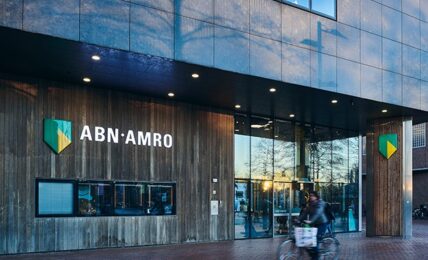
HSBC Hong Kong, Cathay Pacific and biofuels platform EcoCeres announced a new initiative aimed at helping to decarbonize air travel by supporting the use of sustainable aviation fuel (SAF) in Hong Kong.
Under the new initiative, HSBC will purchase 3,400 tonnes of SAF produced by EcoCeres, for use by Cathay Pacific on flights departing from the Hong Kong International Airport. The transaction marks HSBC’s largest SAF purchase to date, and the initiative will support Cathay Pacific’s goal to scale the use of SAF to 10% of its fuel consumption by 2030.
Ronald Lam, Chief Executive Officer of the Cathay Group, said:
“We are grateful to HSBC for this landmark partnership, showcasing shared sustainability leadership, and to EcoCeres for their market leading SAF production. We are very encouraged by the participation by more and more corporates in SAF related initiatives.”
HSBC Hong Kong CEO Luanne Lim described the new initiative as “a pilot programme, which could help pave the way for broader implementation,” adding that the agreement “reflects our support for new economy solutions and demonstrates how businesses can collaborate to support innovative decarbonisation technologies.”
EcoCeres produces SAF from 100% waste-based biomass feedstock, which can reduce carbon emissions by up to 90%. The SAF for the new initiative will be made from fully traceable feedstock of used cooking oil, resulting in an estimated lifecycle carbon emissions reduction of 11,800 tonnes compared with conventional jet fuel, equivalent to the carbon emissions arising from around 10,000 roundtrip Economy class seats between Hong Kong and London.
Matti Lievonen, Executive Chairman of EcoCeres said:
“We are thrilled to contribute to the groundbreaking collaboration with HSBC and Cathay Pacific in piloting Hong Kong’s first SAF ecosystem. This initiative will support HSBC in improving the traceability of its travel supply chain, and also exemplifies an initiative to support progress towards a greener future. We are confident that this tri-party partnership will serve as a successful model, inspiring global efforts towards decarbonisation in the aviation sector and promoting the shift to renewable energy solutions.”


